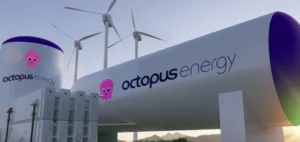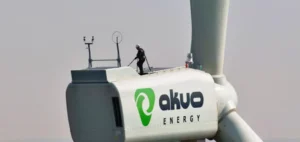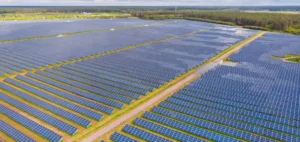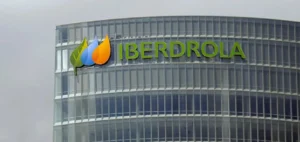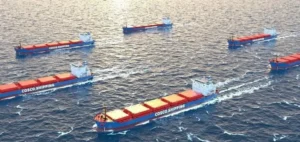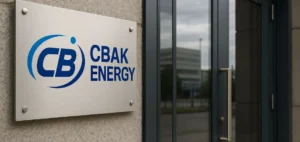Masdar, the world’s leading clean energy company, announced in its 2022 Sustainability Report that its clean energy capacity and CO2 emission reduction rate have nearly doubled in the space of two years. This puts the company on track to achieve its ambition of becoming one of the world’s largest renewable energy companies by 2030. By 2022, Masdar will have achieved 20 GW of clean energy capacity, generated 18,000 GWh of clean energy and avoided 10 million tons of CO2 emissions.
The sustainability report, which covers Masdar’s global operations for 2022, also highlights the launch of a green financial framework, as well as the company’s commitment to health and safety, and the achievements of its programs targeting women and youth. This report demonstrates the UAE’s commitment to climate action and its position as a clean energy champion as it prepares to host COP28 later this year. With major agreements and projects underway, Masdar is set to play a major role in the overall success of the UAE Year of Sustainability in 2023.
New markets
In 2022, Masdar signed several important agreements in new markets as well as in existing markets, including Uzbekistan, Azerbaijan, Egypt, Jordan, Kyrgyzstan, Turkmenistan and Tanzania. The Sharjah Waste-to-Energy Project, the first large-scale commercial waste-to-energy project in the Middle East, was inaugurated in partnership with BEEAH. In addition, work continued on the Al Dhafra stand-alone solar photovoltaic power plant project, which will become the world’s largest single-site solar power plant upon completion.
Financial Framework
To guide its future financing activities, including its intention to become a green bond issuer in the capital markets, Masdar has put in place a green financial framework. This framework highlights Masdar’s significant contribution to sustainability and its alignment with financial industry best practices.
H.E. Dr. Sultan Ahmed Al Jaber, UAE Minister of Industry and Advanced Technology, Chairman of Masdar and COP28 President-Elect, said, “Over the past 17 years, Masdar has become one of the world’s largest investors in renewable energy and drivers of the energy transition. Our momentum will enable us to accelerate global clean energy growth, expand our renewable energy footprint, and play a critical role in achieving the UAE’s strategic initiative of carbon neutrality by 2050. Our 2022 report shows how buoyant this year has been for Masdar and our ESG and sustainability ambitions. As the UAE prepares to host COP28, we are eager to work with all stakeholders to help the world triple its renewable energy capacity by 2030 and meet the goals of the Paris Agreement. In this way, Masdar will continue to contribute to the advancement of renewable energy and sustainable development around the world.”
Leader in green hydrogen
In addition to green financing, Masdar’s sustainability report also emphasizes its commitment to becoming a global leader in green hydrogen, with plans to produce up to 1 million tons of green hydrogen per year by 2030. Masdar is focused on meeting the demand for green hydrogen, both domestically and internationally, targeting key sectors such as aviation, ammonia, steel, marine, power, refining and heavy transport.
Masdar’s sustainability report also highlights the growing role of women in the company, revealing that nearly 25% of all women employed by Masdar are in supervisory positions. At the youth level, Masdar’s Youth 4 Sustainability (Y4S) platform aims to reach one million youth by 2030 through its blended learning experience.
Masdar operates in more than 40 countries on six continents and has invested, or committed to invest, in global projects with a total value of more than US$30 billion.



